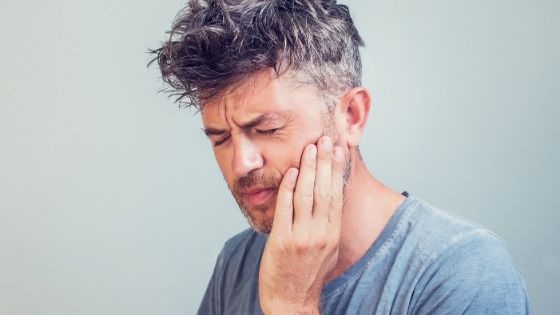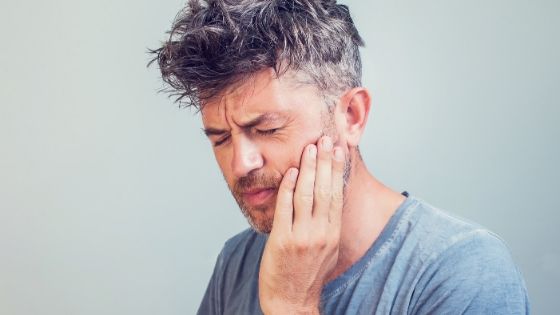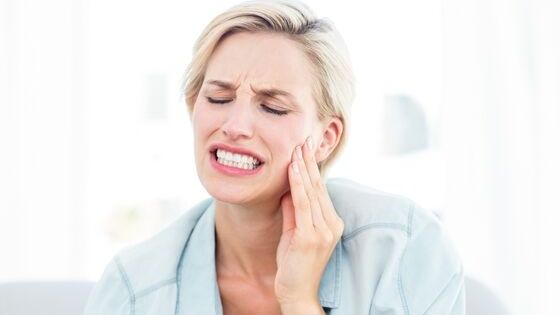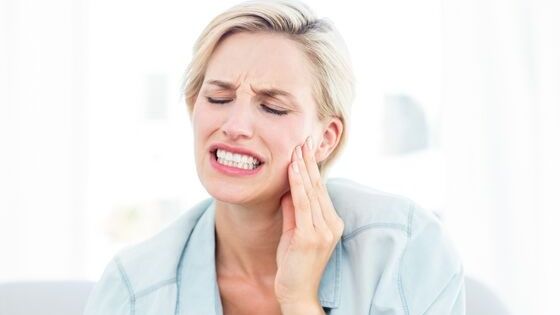Regular Visits Can Save You Money

A lot goes on during a regular dental visit beyond poking around inside your mouth and delivering the bad news that your brushing and flossing techniques don’t cut it. The truth is, regular visits to your dentist in Parker CO can not only save you money, but they can also literally save your life! Here are some of the key ways in which regular visits to Green Dental Care can save you money.
Catching Problems Early
Routine dental visits to your Parker CO dentist normally have two main parts. First is the dental cleaning usually performed by a dental hygienist. Second, is a dental exam by the best dentist in Parker CO.
During each of those activities, there is more than ample opportunity to spot any anomaly, such as a cavity or crack. This gives our doctors a chance to spot if before it becomes a major problem. When these defects are treated promptly, the cost you incur is much less than what you would have incurred if you had skipped the routine visit. The contrary would be waiting to visit Green Dental Care when you have a dental health problem that is keeping you awake, which could cost more as an emergency service.
In this regard, regular visits to can save you money in the long run. It could eliminate the need to undergo complicated and costly procedures if every emerging problem is consistently nipped in the bud.
Receiving Customized Dental Health Advice
Regular dental visits also make it possible for you to get dental health advice that is tailored to meet your specific needs. For example, if the hygienist notices a particular arch has a lot more plaque and tartar than other parts of your mouth, he or she will recommend the best way to tweak your flossing and brushing technique in order to address the problem area.
Similarly, the best dentist in Parker CO may also recommend dietary changes. This would be to suit the new threats that your dental health faces in the light of any medication you are currently taking. For example, you may be on medication that causes dry mouth.
As you may know, dry mouth increases your risk for gum disease and other dental health problems. Our dentists could recommend that you chew sugar-free gum or chewy vegetables to boost saliva production. Such advice can save you money because you will be in a position to prevent dental health challenges.
Professional Cleanings Safeguard You from Gum Infections
As already mentioned, dental cleanings are an integral part of your routine visit. Plaque (a bacterial film) is constantly building up on the teeth. Despite your best efforts at oral hygiene, some of this plaque eventually hardens into calculus (tartar).
Tartar results in the destruction of your teeth and bone beneath the gum line. By having your teeth cleaned by a professional, all that tartar and plaque is removed before it can cause harm. Needless to say, this early intervention stops major problems in their tracks. You will save the money that would have been spent to treat those problems down the road.
Dispelling Potentially Harmful Misinformation and Myths
Dr. Lyons, an orthodontist in El Dorado Hills CA, points out that the advent of the internet has been a blessing and a curse at the same time. A blessing in the sense that you can get great information on almost any topic under the sun. It is a curse in the sense that some of the information online is false and potentially dangerous.
For example, many people have been taking up DIY toothpastes. These can be made from a variety of ingredients, such as charcoal, baking soda, and apple cider vinegar. However, our dentists will tell you that ACV (apple cider vinegar), charcoal and baking soda pose a huge risk to your enamel. The prolonged use of those substances could result in teeth sensitivity due to eroded enamel.
Without those regular visits, you can easily fall for all the hype. Years later, you’ll learn that all your costly dental problems could have been avoided. When you see your Parker CO dentist regularly, you are likely to bring up anything you have heard or read. Then, he will give you a considered opinion on the usefulness of that information you got online. This can save you lots of money that would have gone to fixing the damage caused by implementing some of the advice picked from non-professionals. For instance, the cost of a routine dental visit pales in comparison to the cost of dental implants needed to replace teeth lost to overly abrasive DIY toothpastes.
As you can see, one of the best decisions that you can make for your dental health is to make regular visits to Green Dental Care. Not only will you save money in the long run, but you will also maintain your pearly whites for a lifetime. Give us a call today!

















